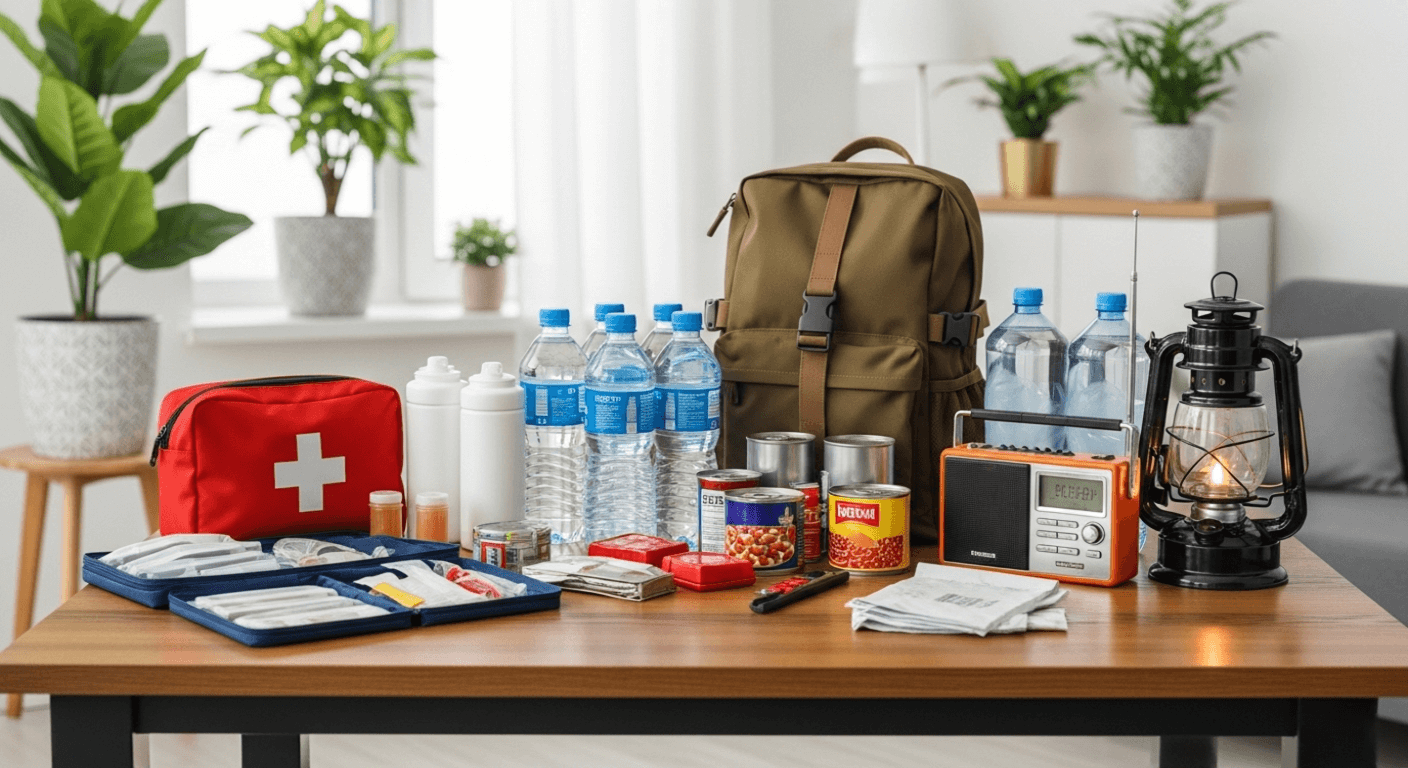
Emergency Preparedness: A Necessity for Every Family
Every parent knows that childhood is a whirlwind of milestones, adventures, and newfound independence. Amid the joy of raising children, it's easy to overlook the often unpredictable nature of emergencies. These can range from natural disasters to medical incidents, underscoring the importance of having a robust emergency preparation plan. As parents, we owe it to our children to equip them—and ourselves—with the knowledge and tools needed to navigate crises effectively.
Create an Emergency Plan Together
One of the most critical steps in ensuring your family is prepared for emergencies is creating a reliable emergency plan. Gather your family around the table, and discuss potential emergencies that might occur, such as fire, severe weather, or even the need for immediate medical care. Engaging your children in this conversation can empower them to understand the plan better.
Consider these essential elements while developing your plan:
Meeting Points: Identify a safe meeting place for the family in case you get separated.
Emergency Contacts: Keep an updated list of contacts that everyone can easily refer to.
Emergency Supplies: Compile an emergency kit that includes essentials like water, non-perishable food, first-aid supplies, and any necessary medications.
Implementing Family Activities that Foster Resilience
As you prepare your family, consider involving them in activities that not only build their resilience but also strengthen your family's bond. For instance, practice fire drills or severe weather procedures at home, turning them into engaging family games. This not only makes learning fun but also normalizes emergencies in a way that reduces anxiety.
You can further enhance family wellness by exploring outdoor activities that encourage teamwork, such as hiking or camping. These experiences enrich family dynamics, while also teaching children practical survival skills that could prove helpful during emergencies.
Understanding the Importance of Child Wellness in Emergencies
While preparing for emergencies, it’s crucial to not overlook the emotional well-being of your children. They can feel overwhelmed by the fear of unpredictability, so it is essential to incorporate discussions around emotions into your preparedness plan. Teach them how to express their feelings and validate those emotions during challenging times.
One effective way to do this is through role-playing scenarios where they can practice their reactions and responses. Make it a safe space to discuss fears and uncertainties, fostering healthy communication that will serve your family well beyond emergency situations.
Establishing a Healthy Routine Amidst Chaos
Incorporating wellness practices into your routine can significantly alleviate the stress of emergencies. Engage in regular family wellness activities such as cooking healthy meals together, practicing mindfulness, and exercising. A healthy lifestyle contributes not only to the physical but also to mental preparedness.
Furthermore, consider creating a family calendar that includes activities aimed at fostering well-being and preparedness. From family yoga sessions to healthy living workshops, prioritizing these activities can instill a sense of normalcy and control over your family’s lifestyle. This foundation can help everyone stay calm and focused should an emergency arise.
Advice for Accessible Emergency Preparedness
The conversation around emergency preparedness should be inclusive. Ensure all family members—regardless of age or ability—know their role in an emergency. This inclusivity fosters understanding and solidarity, ensuring everyone feels valued and capable.
Leverage technology by downloading apps that provide emergency alerts and tips. Utilizing modern tools can make preparedness more accessible and easier to manage, especially for busy families.
Your Family's Safety Starts with Action
As a parent, taking proactive steps towards emergency preparedness is not just a safety measure; it's a commitment to your family's well-being. By creating an emergency plan, engaging in family wellness activities, and supporting your children's emotional needs, you build a foundation of resilience. Remember, emergencies can happen at any time. The more prepared you are, the better equipped you will be to ensure your family's safety and peace of mind.
Start today—gather your family, discuss your plan, and make the commitment to live safely and healthily together.
 Add Row
Add Row  Add
Add 




Write A Comment